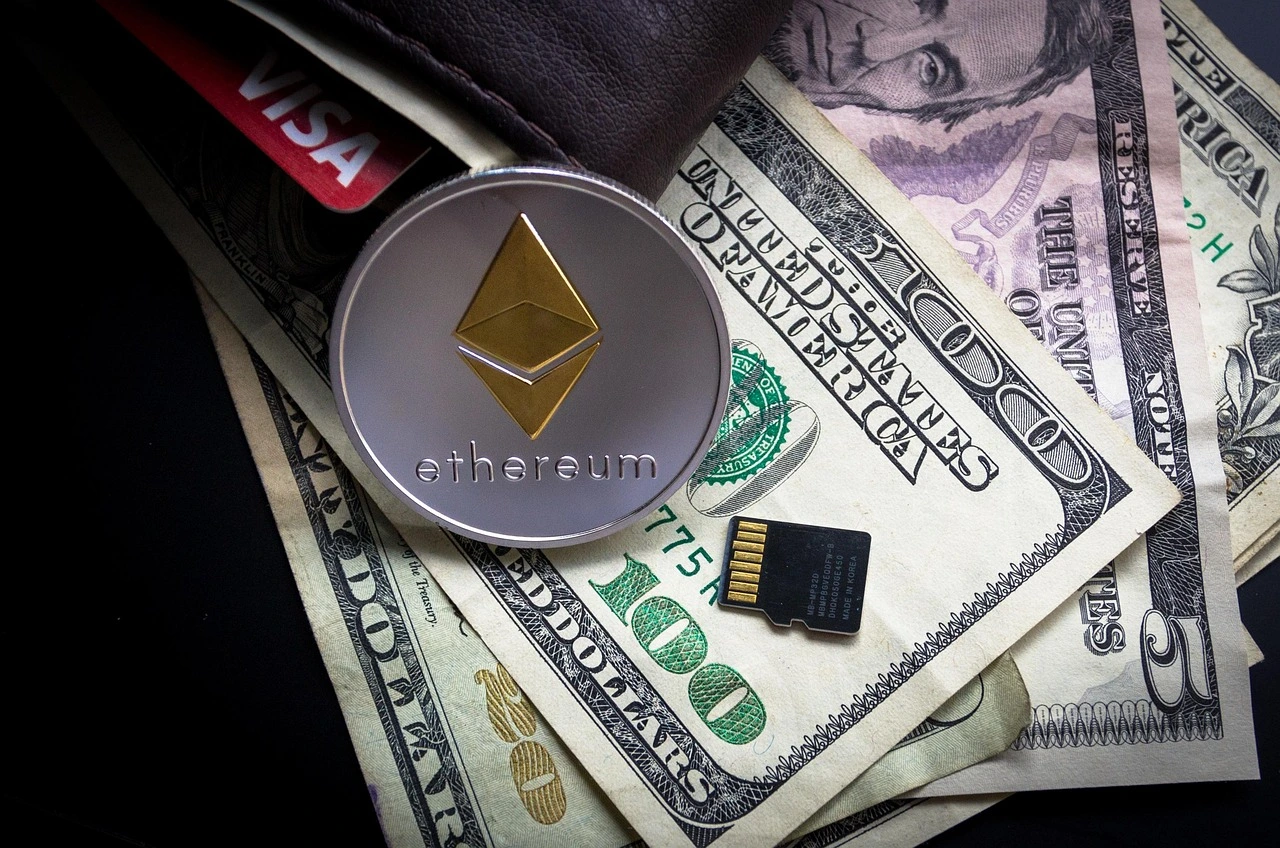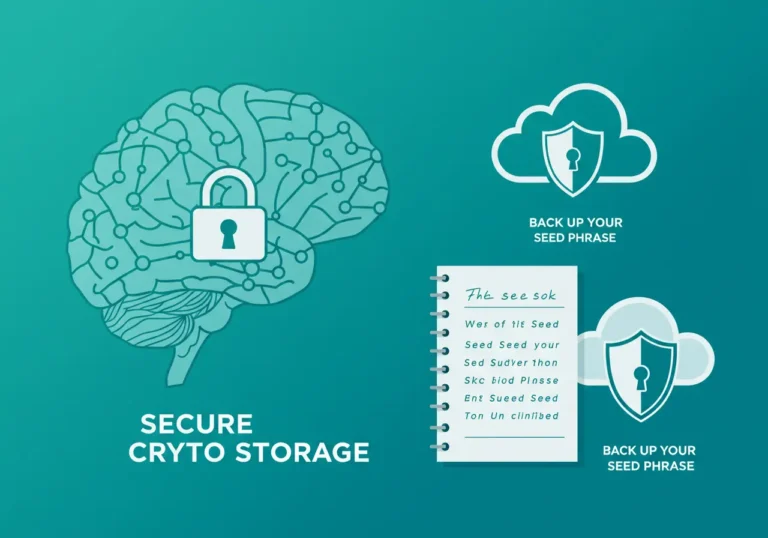Top Crypto Wallets That Actually Keep Your Coins Safe

Before You Store Your Crypto—Read This
Crypto isn’t like regular money. There’s no bank to call if it goes missing. That’s why a secure wallet isn’t optional—it’s critical. But here’s where it gets tricky: some wallets offer ironclad protection; others are ticking time bombs. This guide will help you understand what kind of wallet suits your needs—and keeps your crypto safe.
Wait… How Do Crypto Wallets Even Work?
Okay, quick reality check: your crypto isn’t actually in the wallet. It’s always on the blockchain (think of it like a giant public ledger). What your wallet does hold are the keys—basically, the passwords that let you move your money around.
Lose those keys? Say goodbye to your crypto. No “Forgot Password?” option here. That’s why choosing secure cryptocurrency storage isn’t just smart—it’s non-negotiable.
The Wallet Lineup: Which One’s Right for You?
1. Hardware Wallets: The Safe in Your Pocket
Imagine a USB stick that holds your crypto keys offline, safe from hackers. That’s a hardware wallet.
- Best for: Big savings, long-term holders.
- Good to know: The best hardware wallet for altcoins (like Ledger) supports tons of different coins.
- Downside: Costs a bit upfront (around $50–$200), but cheaper than losing your life savings, right?
2. Mobile Wallets: Crypto on the Go
An app on your phone—super handy if you use crypto like cash.
- Best for: Paying for stuff, small amounts.
- Try this: A mobile wallet with multi-currency support (Trust Wallet’s a good one) lets you manage everything in one place.
- Watch out: If your phone gets stolen or hacked, your crypto could be too.
3. Desktop Wallets: Your Computer’s Crypto Sidekick
Software you install on your laptop or PC. More secure than mobile, but still needs a clean, virus-free computer.
- Best for: Folks who trade or check their crypto often.
- Example: A user-friendly Ethereum wallet app (Exodus is dead simple) makes dealing with ETH easy.
- Catch: If your computer gets a nasty virus, your wallet might too.
4. Paper Wallets: Old-School, But Bulletproof
Literally a piece of paper with your keys printed on it. No internet = no hacking.
- Best for: Long-term storage, especially Bitcoin.
- Pro tip: A cold storage wallet for Bitcoin (just a fancy name for offline storage) is perfect if you’re not touching your crypto for years.
- Big risk: Lose that paper, and your crypto’s gone forever.
5. Web Wallets: Easy… Maybe Too Easy
Online wallets (like on Coinbase or Binance). Super convenient, but you’re trusting someone else with your keys.
- Best for: Beginners dipping their toes in.
- Safety net: Look for a cryptocurrency wallet with two-factor authentication (2FA)—it’s like a second lock on the door.
- Problem: If the site gets hacked, your money could vanish.
How to Pick Your Wallet (Without Overthinking It)

Ask yourself:
- “How much crypto am I storing?”
- A little for fun? A mobile wallet’s fine.
- Life-changing money? Get a hardware wallet.
- “How often will I use it?”
- Daily? Go for convenience (mobile/desktop).
- Sitting on it for years? Cold storage (paper/hardware).
- “What coins do I have?”
- Just Bitcoin? Most wallets work.
- A mix of altcoins? Find a top decentralized wallet for tokens (MetaMask’s solid).
A Few No-Brainer Safety Tips
- Never, ever share your private keys. Not with your best friend, not with “tech support” in your DMs.
- Turn on two-factor authentication (2FA). It’s like a seatbelt—annoying until you need it.
- Back up your wallet. Write down recovery phrases and stash them somewhere safe (not just on your phone!).
- Keep software updated. Those “annoying” updates? They patch security holes.
Quick Cheat Sheet
✔ Hardware wallets = Safest bet.
✔ Mobile wallets = Easiest for daily use.
✔ Paper wallets = Set it and forget it.
✔ Desktop wallets = Good for active traders.
✔ Web wallets = Convenient, but risky.
Bottom Line
Picking a crypto wallet isn’t rocket science. Think about what you need—security, convenience, or a mix—and go from there.
And hey, if you’re still unsure? Start small. Move a little crypto into a new wallet and test it out. Better to learn with $10 than $10,000.
Stay safe, and don’t stress—you’ve got this. 🚀
Table of Contents

Hello, I’m Edmilson Dias, founder of CoinBringer. I created this platform to guide people through the fast-moving world of cryptocurrency with clarity and safety. With years of research in blockchain and digital security, my goal is to translate complex topics into practical knowledge, offering reliable tutorials, safety insights, and guidance for both newcomers and experienced users.
Discover more from CoinBringer
Subscribe to get the latest posts sent to your email.







